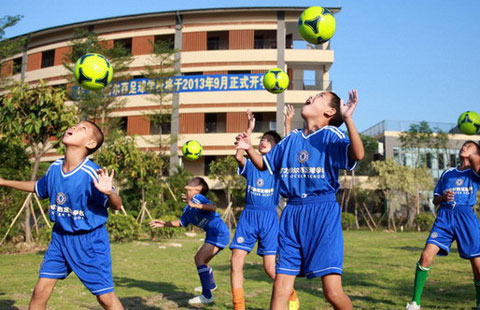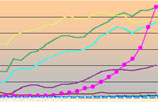Benefits should spread to farmers
By Ding Yuanzhu (China Daily) Updated: 2014-12-22 08:55To expedite the land system reform, the authorities have to focus attention on farmers. Using the premise of collective ownership of rural land, the authorities should try to separate land ownership from contract rights and management rights. To ensure that farmers' rights are not undermined and the country's food security is not compromised, the use of land should not be changed. And the transfer of land use rights should be voluntary and the money paid for it, adequate.
Land is a farmer's most precious possession. No wonder, the household contract responsibility system, implemented in 1978, invigorated farmers and boosted the rural economies. The new land system reform is expected to boost the rural economies further.
But the hukou reform faces many challenges. By the end of 2013, the country had 269 million migrant workers. So to ensure that the benefits of hukou reform reach all, the process has to be gradual and orderly. Another big problem the hukou reform faces is the fiscal system. The hukou system is not only an individual registration system but also a social welfare system. Under the existing fiscal system, local governments are not willing to take the financial responsibility for migrant populations. Therefore, for the hukou reform to be smooth in all areas, the authorities have to reform the fiscal and taxation system, as well as the public service system.
The author is a professor at and vice-director of the policy consultation department, Chinese Academy of Governance.











